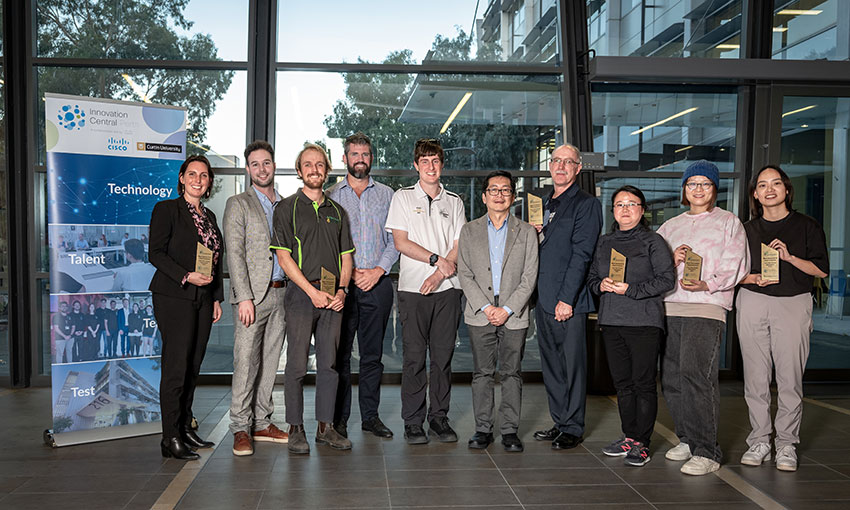SOUTHERN Ports hosted nearly 30 industry experts in an industry challenge to increase efficiency at its iron-ore circuit at the Port of Esperance.
Southern Ports partnered with Innovation Central Perth and Innovation Cluster, to host the hackathon at Curtin University. The aim was to collaborate with industry specialists to find data-driven solutions.
Southern Ports chief executive officer Keith Wilks highlighted the importance of collaboration in achieving its goal to become fully digitised by 2025.
“Our aim is to innovate and increase the capacity of our assets to facilitate the growth of trade from our regional ports, which are the gateway to the world,” Mr Wilks said.
“Innovation requires collaboration, which is one of the reasons why we partner with industry experts to think ‘outside the box’ and deliver fit-for-purpose solutions.”
Innovation Central Perth’s data scientist Nick Ettlinger said hackathons are a great way to solve tough industry problems because they invite outside ideas that challenge mainstream assumptions.
“Most modern industry challenges are complex and require innovation in multiple areas,” Mr Ettlinger said.
“Hackathons have a compressed timeline so although the full solutions aren’t always found in the room, the ideas and outcomes can contain great ideas that solve critical roadblocks in the development of an overall solution.”
The hackathon judging panel included Southern Ports representatives along with Mr Ettlinger and Curtin University professor of engineering Tele Tan. It assessed the presentations on eight criteria, including the strength of the overall solutions, creativity and innovation and sophistication of data analysis.
Two groups representing AMOG Consulting and Australian Research Council Training Centre for Transforming Maintenance through Data Science took home the trophies.
AMOG Consulting’s Richard Shedlock said that this hackathon was unique in the make-up of the participants.
“We cherry pick the hackathons we participate in, dependent on how distinctive the challenge put forward is,” Mr Shedlock said.
“This one was unusual in that it was a data analysis challenge which attracted academics, a government research body as well as commercial organisations like ours.
“We’re looking forward to meeting with Southern Ports in the coming weeks to determine the viability of our operating method and how feasible it may be to the digital transformation that is happening across its ports.”

